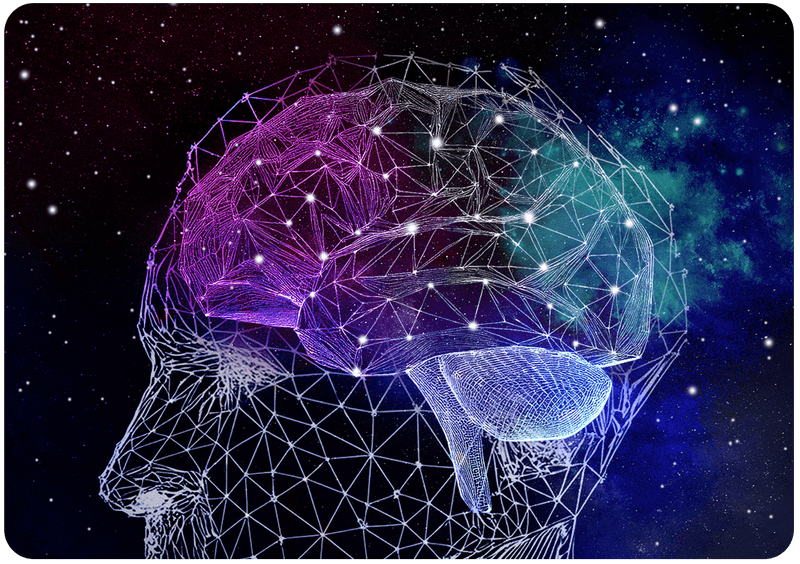Transcranial Photobiomodulation

Transcranial photobiomodulation (tPBM) uses non-invasive near-infrared light (photo) stimulation of different locations on the brain at targeted frequencies (modulation). This process initiates metabolic processes (bio) within brain cells. Photobiomodulation is based on the principle that certain wavelengths of light, particularly in the red to near-infrared spectrum, have the ability to penetrate the skin and skull to reach the brain. When these specific wavelengths are absorbed by the body's cells, they can influence cellular function and metabolism.
Several studies have found that tPBM can enhance brain cell oxygenation and improve cerebral blood flow, metabolic activity, neurogenesis, and neuroprotection by antioxidant and anti-inflammatory pathway activation. tPBM can also help people shift into a desired state (for example focus or deep calm) quickly, with the positive effects lasting up to six hours.
